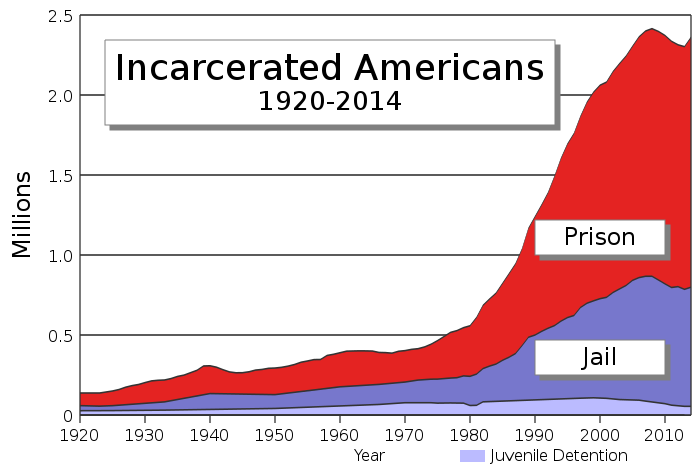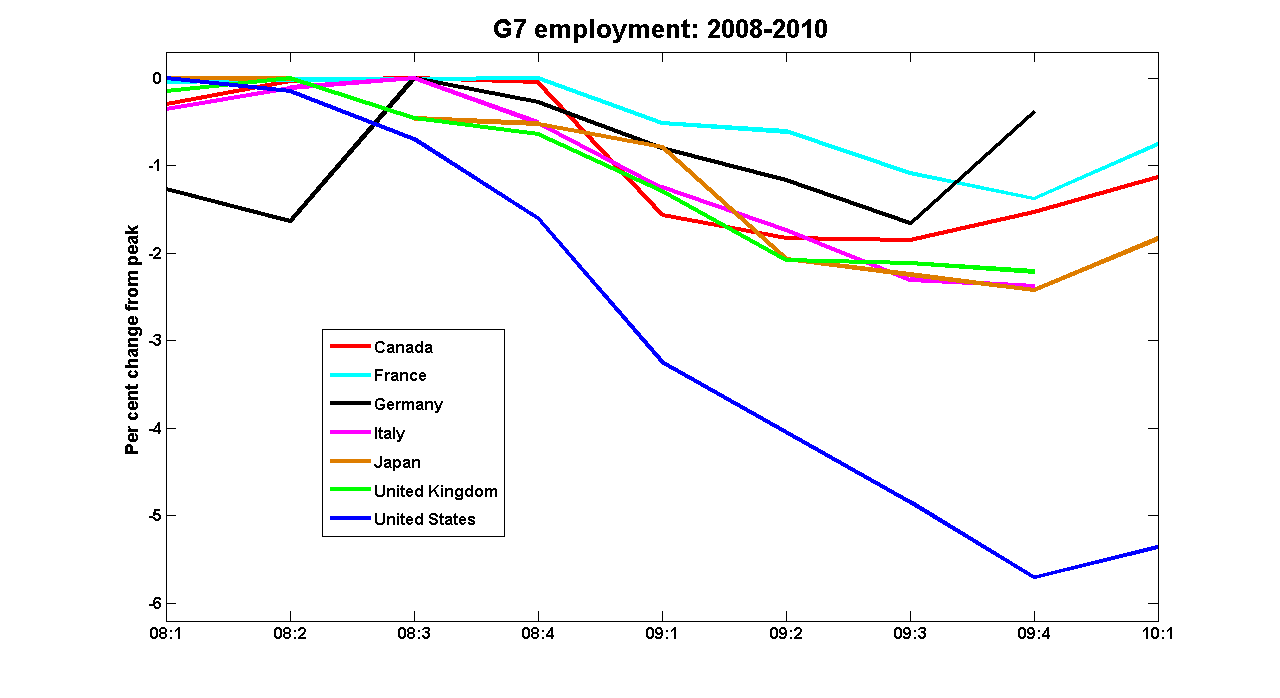He's a nothing, a shill, a tool for the progressives.
If he was such a tool for progressives, he'd be pushing for progressive policies. Instead, he has ramped up the war in Afghanistan, implemented a spending freeze, and passed a health care bill that was rewarmed Republican ideas from the 1990s.




